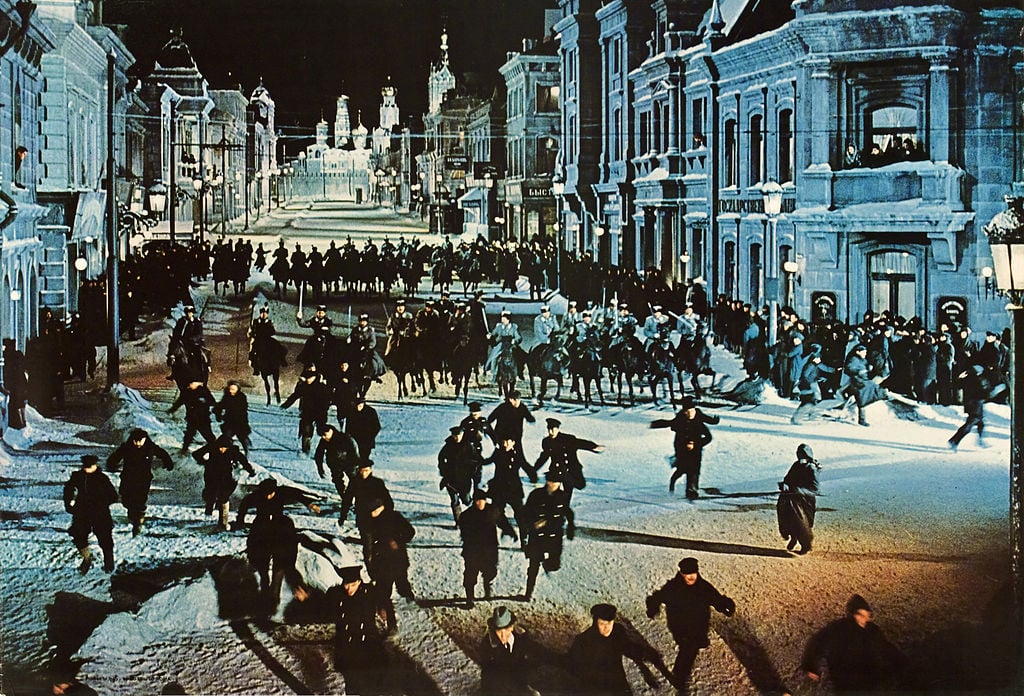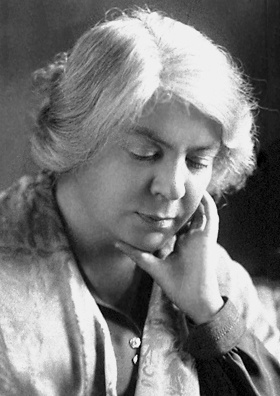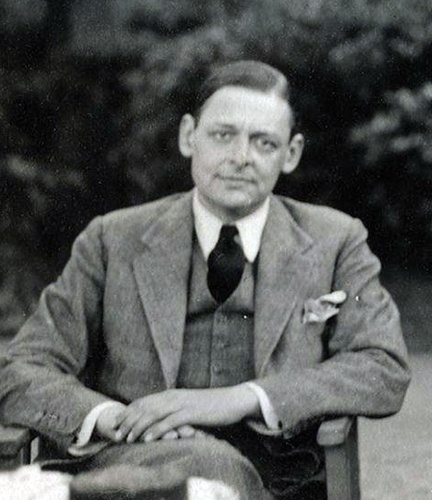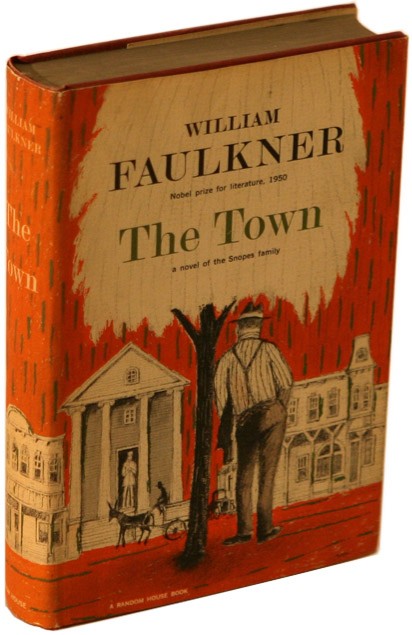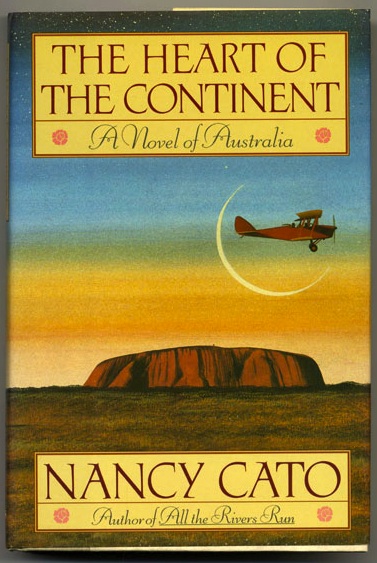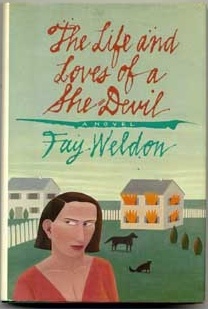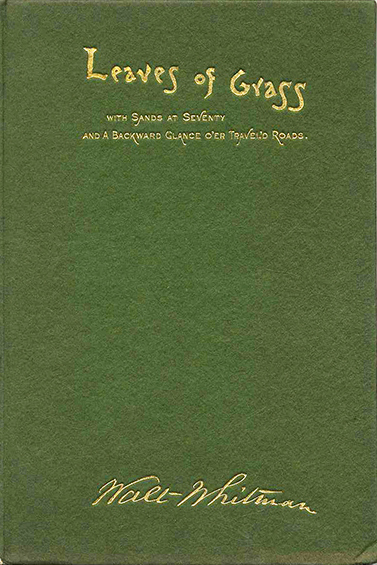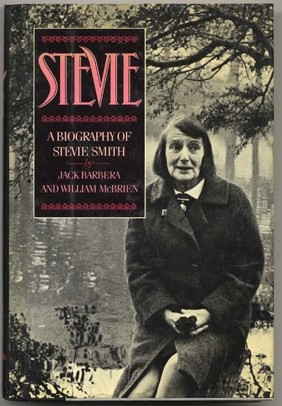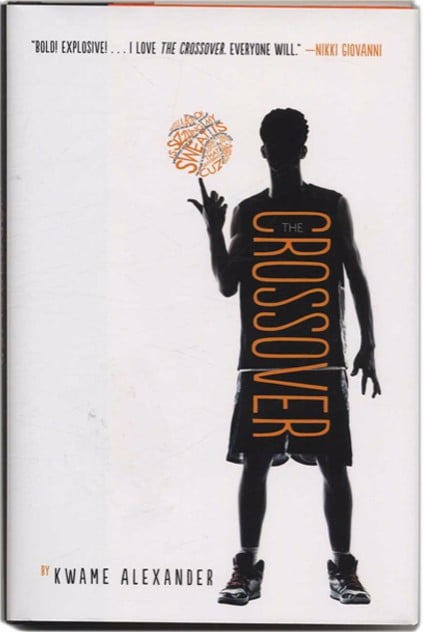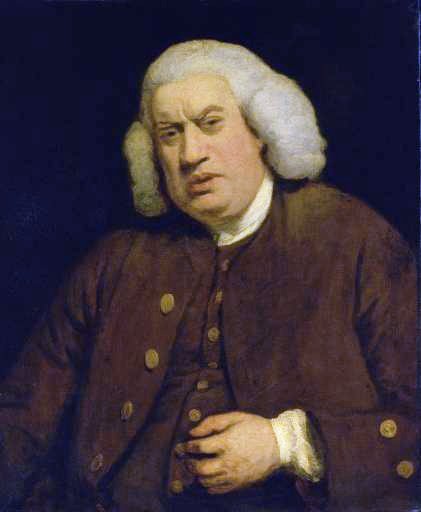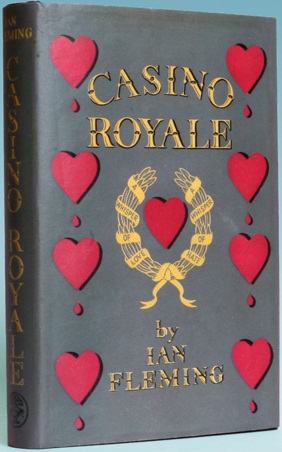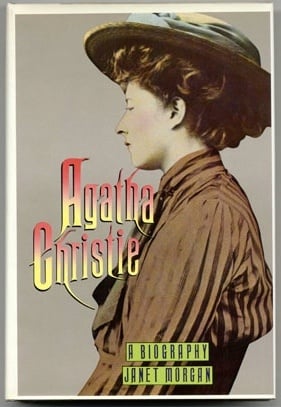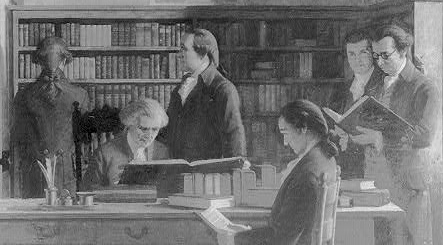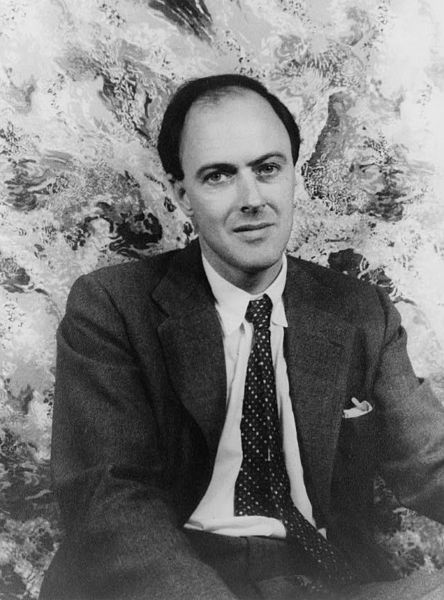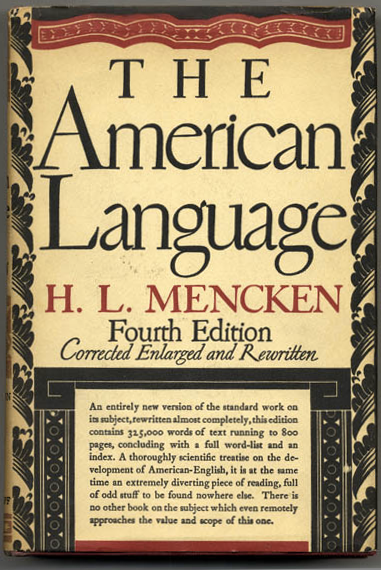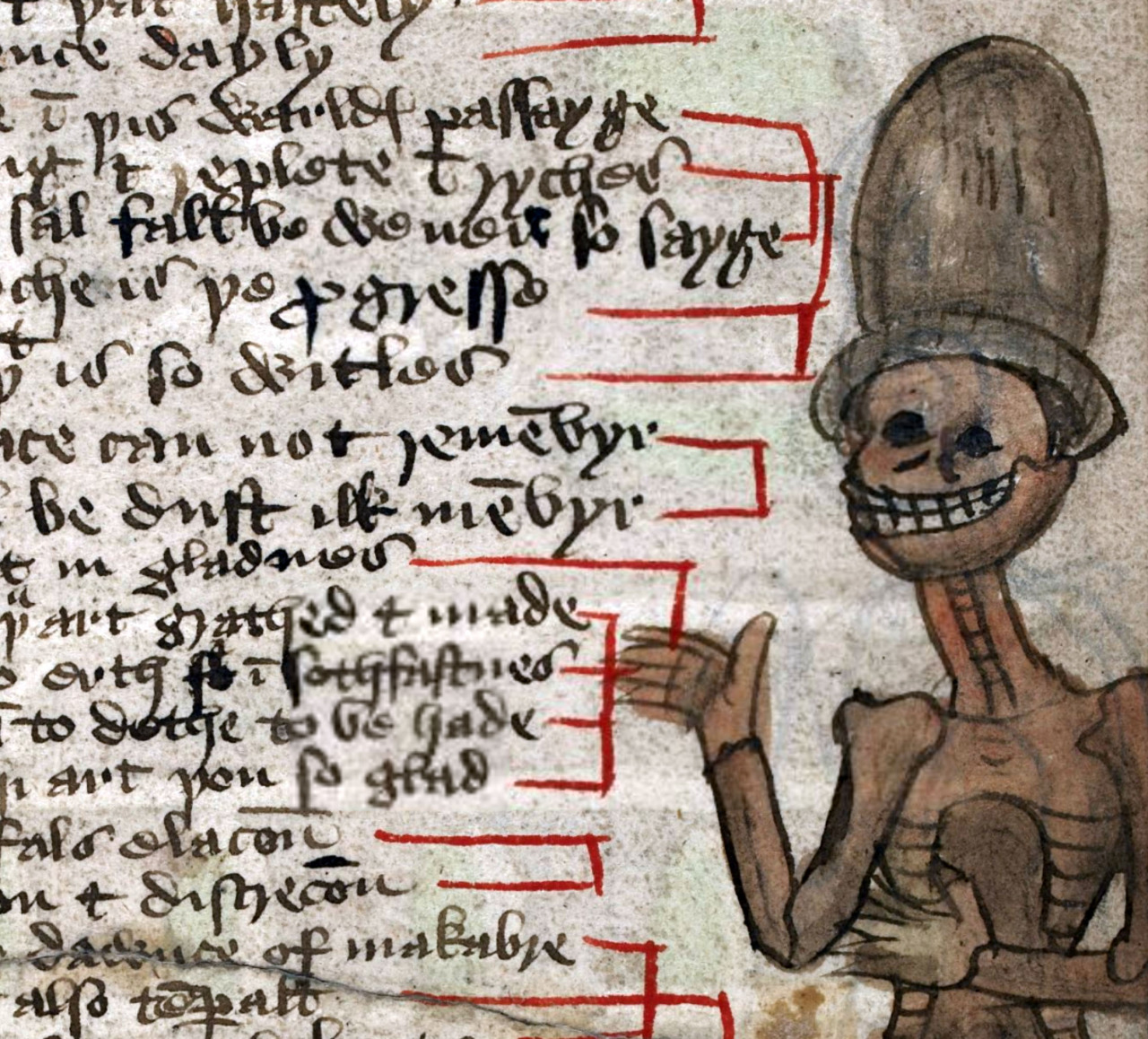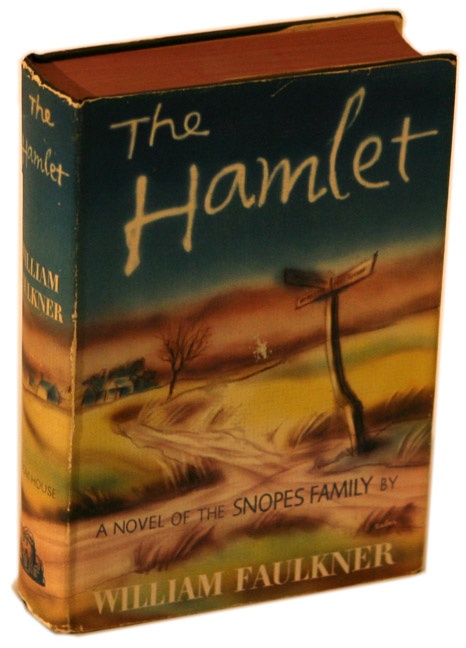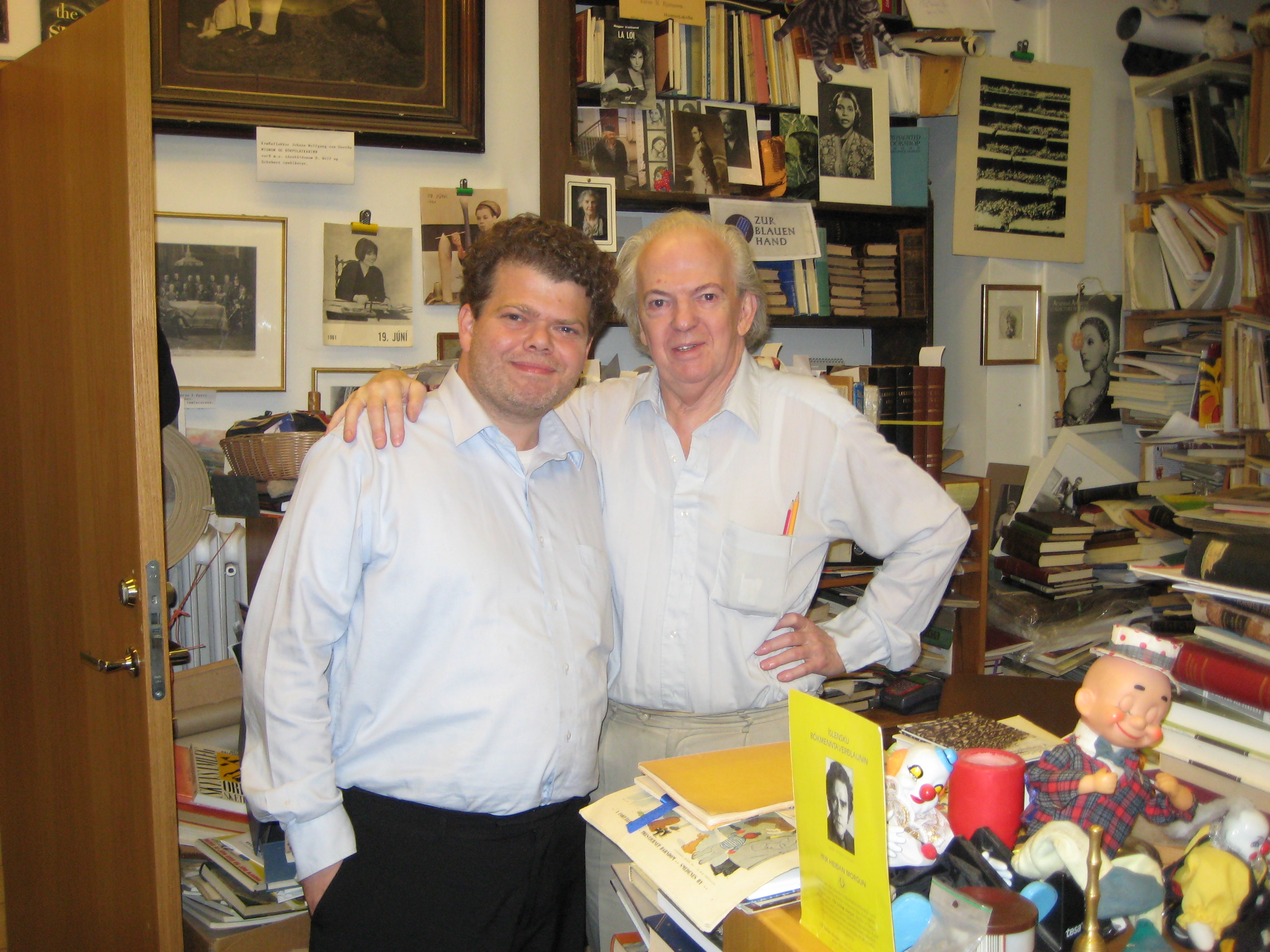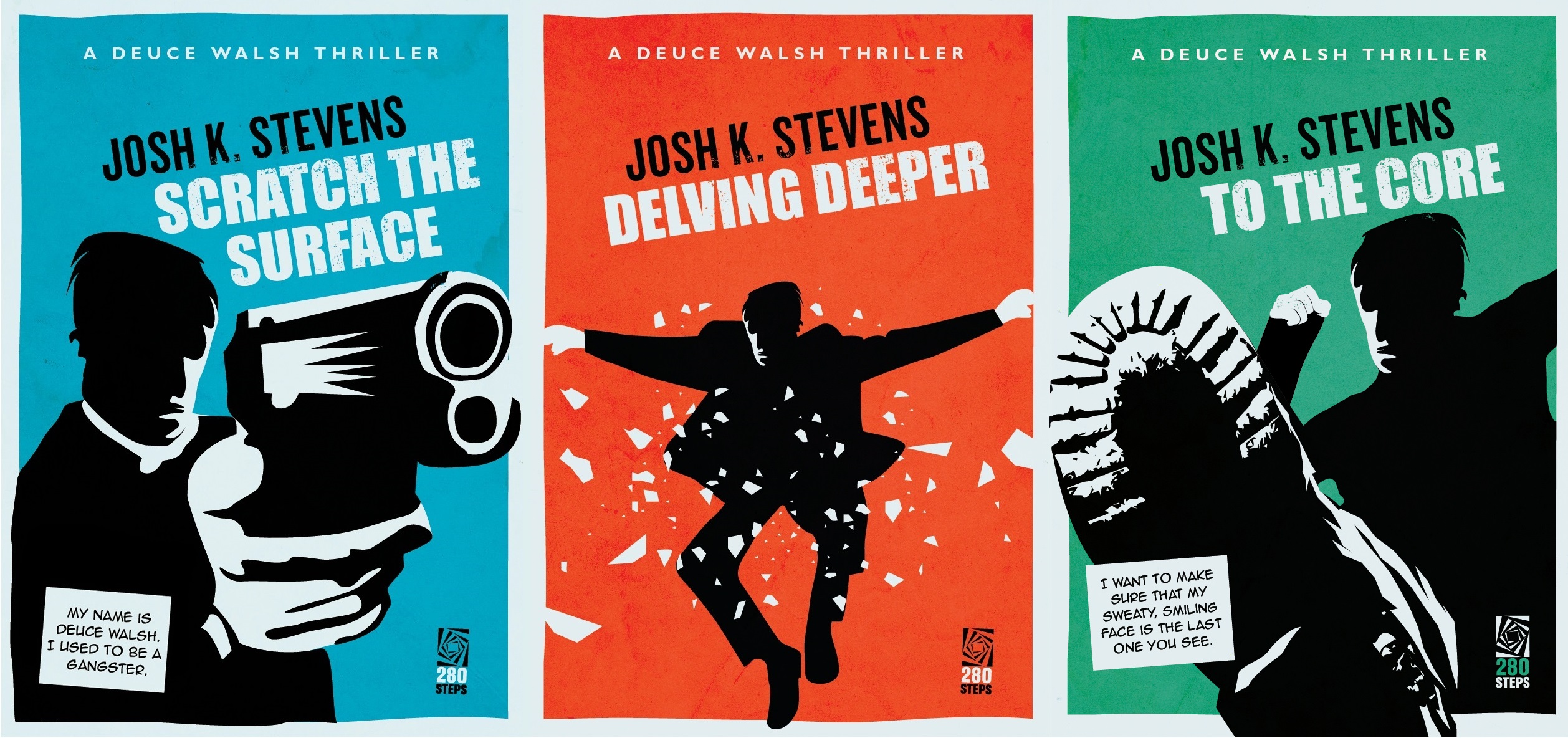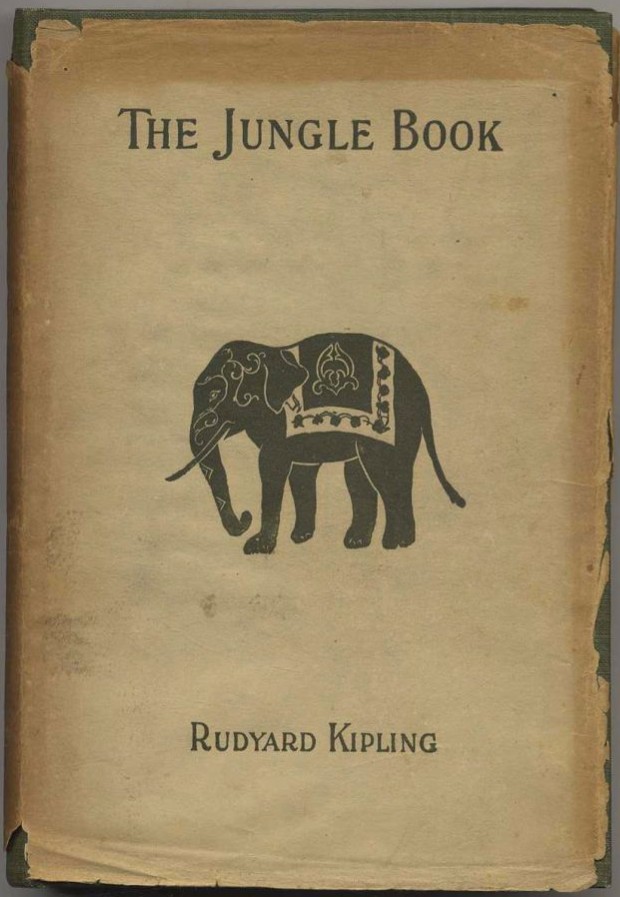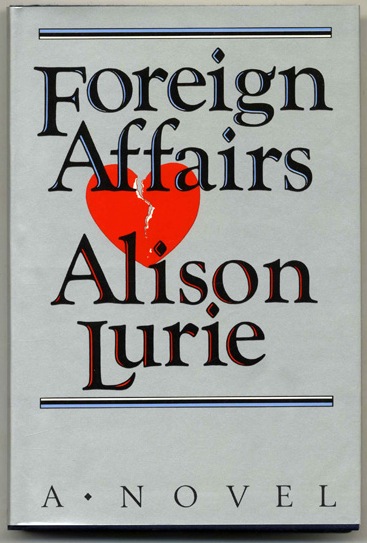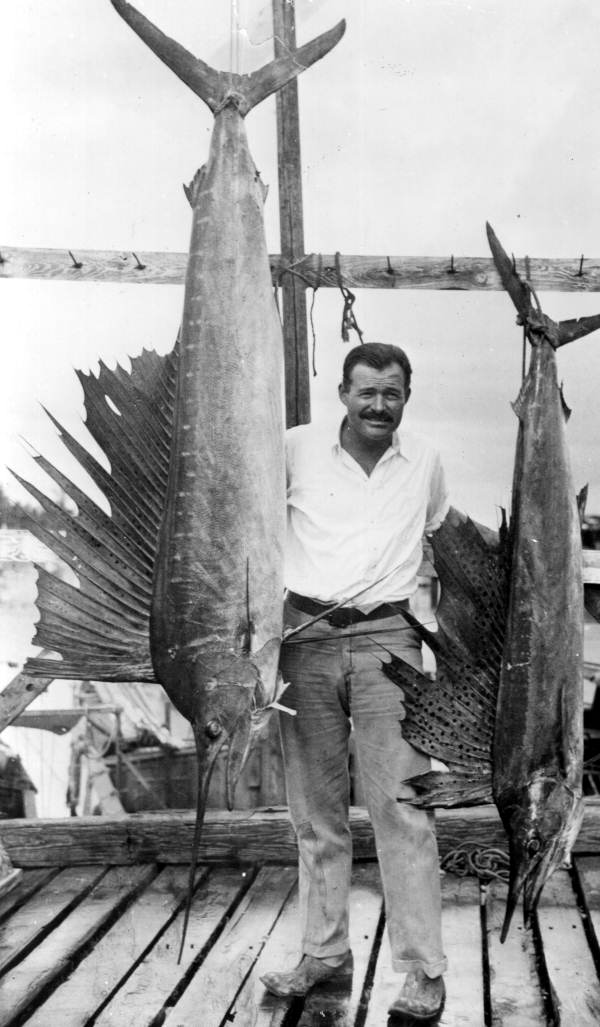The author himself once referred to it as “my apocryphal county.” A Frankensteinian creation of two very real regions, Yoknapatawpha County is home to a number of William Faulkner's most famous novels and stories, including the famed Snopes family trilogy, which features the novels The Hamlet (1940), The Town (1957), and The Mansion (1959). Faulkner’s fictional county is a landscape fraught with struggle and conflict, a place of drifters and vagrants, the morally apathetic and the socioeconomically disenfranchised. It’s a region of extreme racial tension and inequality, with a storied history of slavery, succession, KKK activity, Jim Crow laws, and discrimination.
Which is perhaps why it makes perfect sense Faulkner chose to set so much of his work in this invented-yet-wholly-reflective-of-real-life setting, particularly his Snopes family novels. But to truly understand the choice of Yoknapatawpha for the Snopes, one must understand more clearly how the county came into being and the ways in which Faulkner pulled from history — and his own life — to create such a haunting, mythic place.
Read more...






